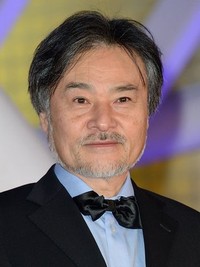Kiyoshi Kurosawa

With his signature dark, visceral aesthetic, filmmaker Kiyoshi Kurosawa has helped build the reputation of Japan's already acclaimed horror genre. Kurosawa began directing in the 1980s with low-budget films that never gained widespread release. It wasn't until 1997's full-length feature "Cure" that he garnered the international critical acclaim that helped propel his career. After the success of "Cure," Kurosawa had the opportunity to take artistic chances: in 1998, he directed the crime films "Serpent's Path" and "Eyes of the Spider," two films that start from an identical premise but then evolve into very different stories. Kurosawa's next film, "Charisma," was another critical and commercial success, winning Best Film at the Japanese Professional Movie Awards in 2001. Later that same year, Kurosawa returned to the horror genre with the moody "Pulse," which solidified his unsettling aesthetic and drew critical comparisons to the legendary Stanley Kubrick. Based on the filmmaker's own novel, the film was as timely as it was disturbing: a modern updating of the standard ghost story, it deals in part with the suicides of young students viewed over the internet via webcam. Kurosawa continued to write and direct films through the 2000s, including "Ghost Cop," "Loft," and the extremely successful drama "Tokyo Sonata," a departure from the horror and thriller films he built his name upon.